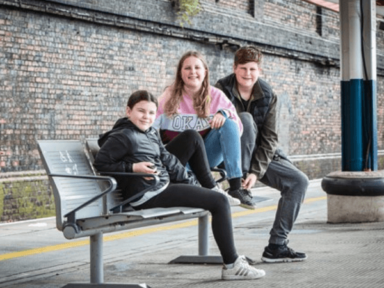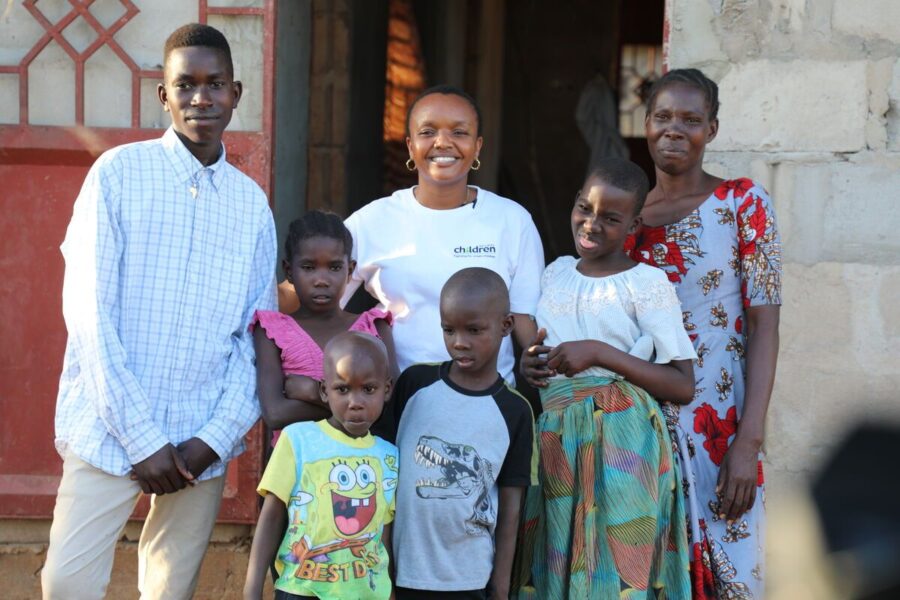
Kinship care: why is it important for child protection?
Pete Kent, Railway Children’s Programme Development Director, looks at the role of kinship care in our family strengthening and reunification work and how it can contribute to improved systems of child protection.
What does kinship care mean?
The benefits of kinship care for children
Evidence shows that a nurturing family-based setting has numerous benefits for children’s wellbeing, development and survival when compared to other alternative forms of care*, such as institutional care. There is growing evidence** to support the importance of family ties from a genetic point of view, with our connections to our ancestors literally passing down through our genes.
Also, psychologically humans need to feel a sense of belonging – if children remain with kin, this belonging extends to aunts and uncles, grandparents and cousins, all with stories of their past in common. Ideally, these connections will include mothers and parents, so attachments formed in the womb, and a child’s earliest moments, can be sustained and developed.
However, if that’s not possible, the next best thing is for those attachments to be developed with other family members who share the same identity, the same family stories, and DNA.
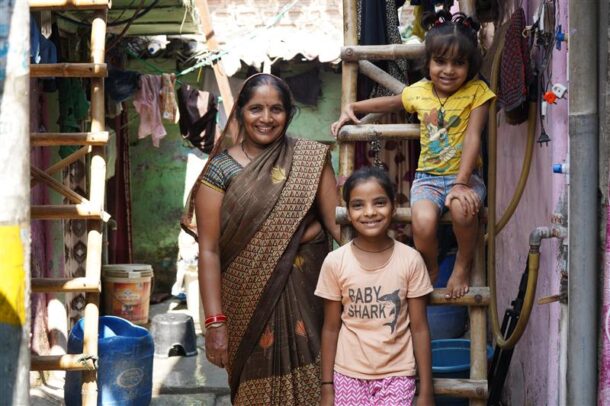
A continuum of care
As systems develop a continuum of care, or sequence of priorities, in terms of what’s in the best interest of the child, Railway Children believe that when parental care is not possible, we should look to the extended family as the next best option. Only when these options are exhausted – and our experience is there is rarely enough effort put in to supporting parents or extended family members – then we should look to other forms of care.
In the continuum of care, next in sequence would be other alternative family-based care models, including foster carers or ‘fit persons’ in the East African context, and finally, formal adoption. Notice there is no mention of institutional care – it will take a long time to eradicate it altogether, but if efforts and investment to support parents, then extended families, were doubled, tripled or more, then the numbers of children needing other forms of care would be greatly reduced. The foster and adoption systems could become the last resort. This would require specialist support services for these families, including respite, but it could and should be possible to build a system around this.
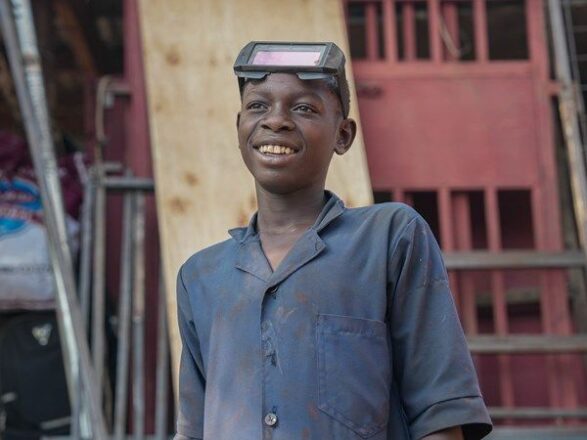
Support for kinship care
Kinship has long been the preferable choice for children without parental care, with most children being placed informally – and this hasn’t always been recognised or prioritised by governments.
In the UK, for example, social workers will try and ensure children remain in families and there are various ways in which kinship carers can formalise their responsibilities for children of other relatives, but there is far less access to support for them than there is for children taken in to foster care, or residential care. There is growing recognition that this needs to change, and some policy changes towards this, but more needs to be done in our view.
In the Global South, there is even less support – while informal kinship care is very common, child protection systems will often jump straight to institutional care if children cannot be looked after by their parents.
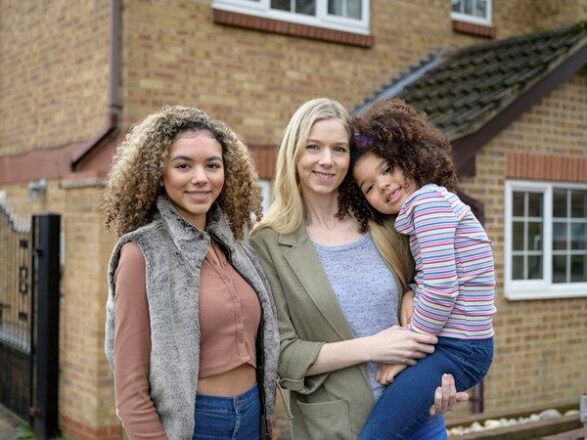
I’ve shared kinship care with my mother and sister for my two nieces who have been on the cusp of going into care for 18 years. Their most recent social worker considered it to be one of the most successful cases they’d seen because we were fortunate that we were able to draw on each other’s resources and had the financial and emotional capability to provide them with the care they needed, despite having no support from the system.
I can imagine lots of families that are in different financial or psychological situations wouldn’t have been able to provide that same level of care. This was the view of the social worker and I hypothesise that this is because there was very little support she could provide. Her empathy and understanding was appreciated, but there was very little financial, practical or emotional support we were offered, including my nieces. Kinship carers in the UK that don’t cope, and or simply can’t afford it, could well be able to if more of this was provided.
““ Data collected from 2022 over a six-month period showed that 34% of children we found on the streets in Tanzania were reunified with alternative caregivers, with a retention rate at home of 92%. ””

Our programmes in the UK, India and Tanzania have had a ‘kin-first’ approach for several years, with a focus on reintegrating vulnerable and street-connected children with their families. When assessment processes determine that it’s not safe or possible for a child to return home with their birth parents, the next consideration is identifying and assessing other relatives as carers.
In Tanzania, the number of children across the country living in kinship situations is particularly high. We provide the same support for extended family members as we would for the birth family, which can include income-generating activities to tackle poverty, re-enrolling children into education and working with the whole family to improve relationships.
Railway Children have also worked with the Tanzanian government to introduce national guidelines on family reintegration, which includes kinship care, with different approaches and considerations of how we can minimise risks to ensure street-connected children can return home.
Hopes for the future
Family for Every Child – an international alliance of organisations working to improve the lives of vulnerable children and families – recently released global guidance on how governments and civil society can better support kinship care. The guidance focuses on children who have been separated from their families, including street-connected children, children on the move and children in orphanages.
Railway Children have supported the development of this guidance which aligns with our view that all children have the right to a safe and loving family environment. What’s suggested in the guidance, and what we’re trying to move towards with our programme work, is a system whereby kinship care is considered the first port of call for separated children who cannot be reunified with parental families.
For this to happen, there must be a shift in thinking so that all effort is initially focused on working with families where children have become separated or are at risk of separation. Of course, families must be properly assessed to ensure that children will not be left in unsafe situations at home but that’s not to say those families shouldn’t be provided with the right support to get them to a place where they can care for their children – and that might take weeks, months or years. Kinship can become both a temporary solution while support is provided to parents to make those changes, and the long-term solution where this is not possible.
To achieve all this, there needs to be a lot more understanding and recognition for kinship care so that it is considered a significant part, perhaps the most significant part of the child protection system. Once kinship carers receive greater support – whether it’s financial, through community support structures or training – the hope is that it will strengthen the safety net for vulnerable children and provide better long-term outcomes.
We fully support the new global guidance and encourage anyone working on the development of child protection systems to use it to help shape those systems.
* How to Support Kinship Care by Family for Every Child
** Bonding and Attachment in Maltreated Children by Dr Bruce Perry / Bruce D. Perry: Social & Emotional Development in Early Childhood [CC] (youtube.com)

